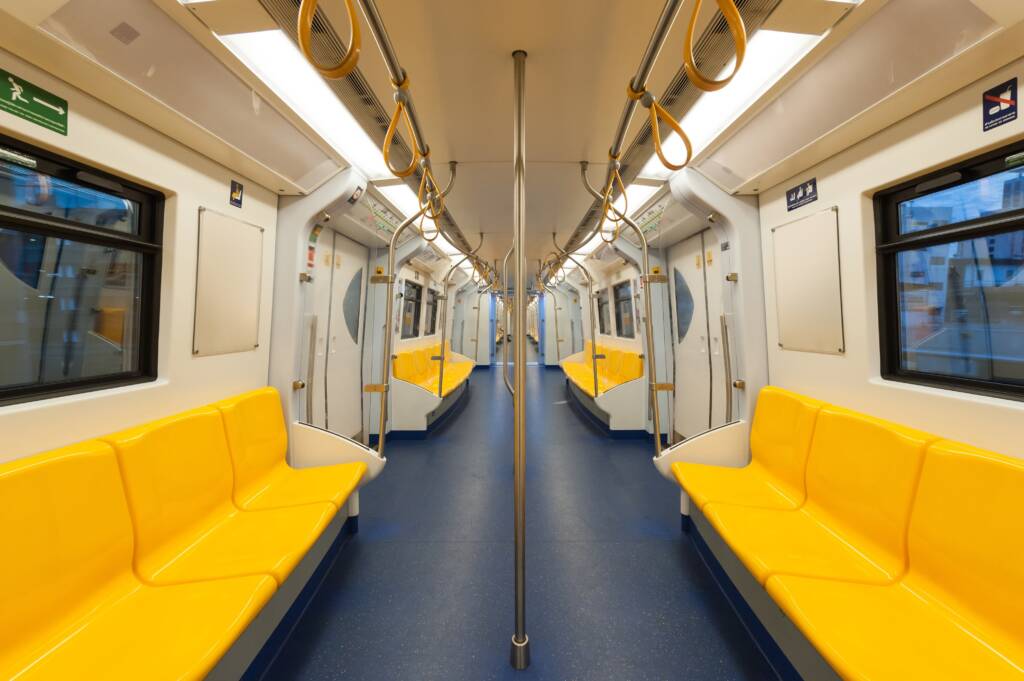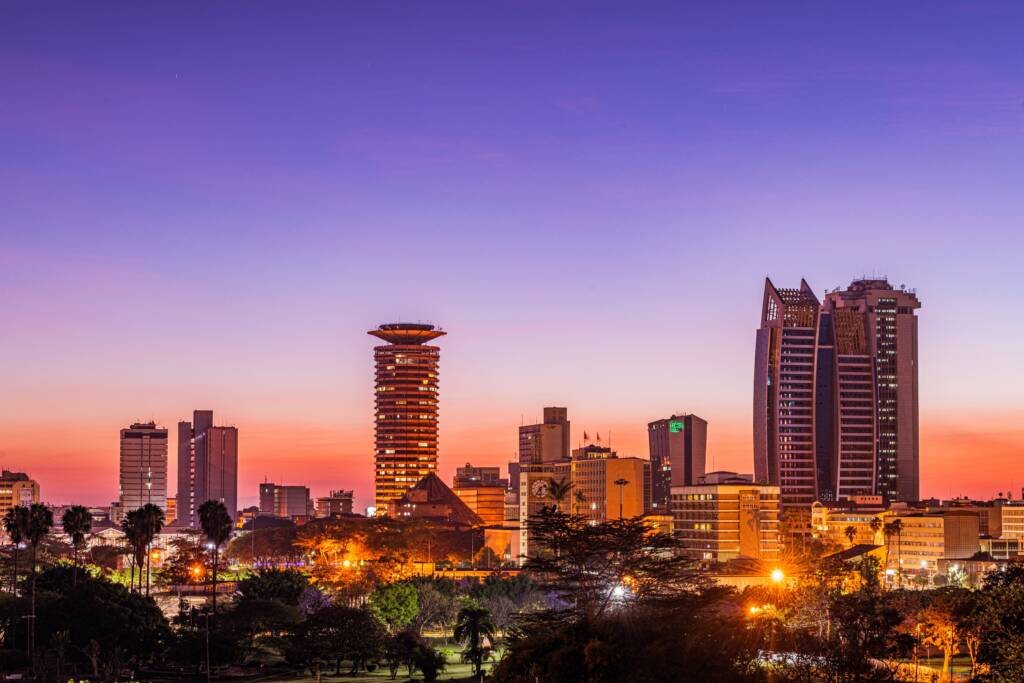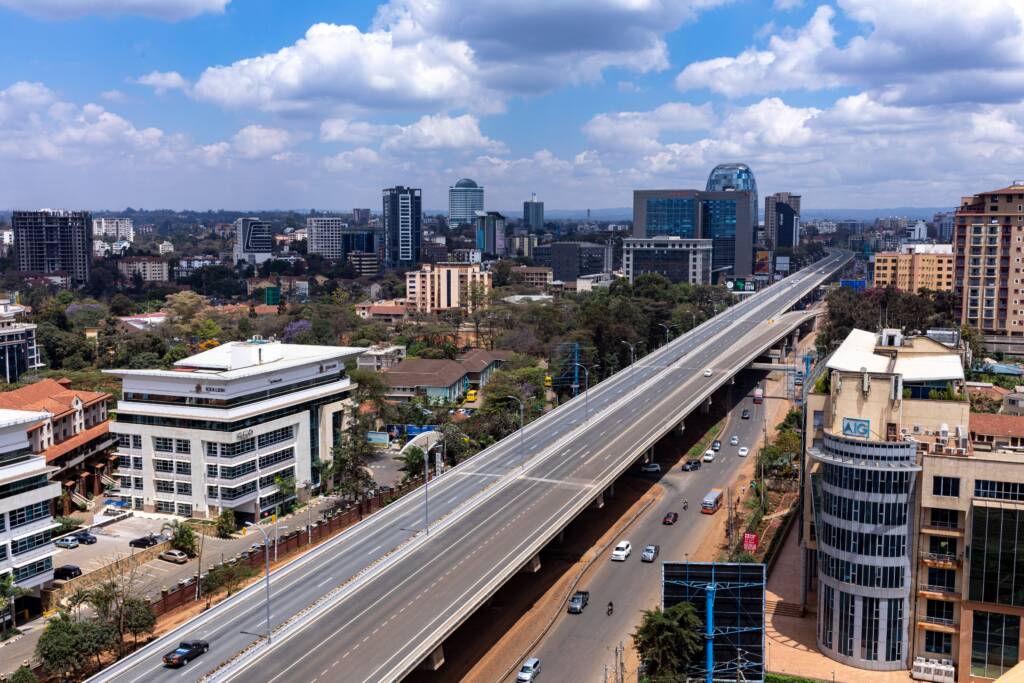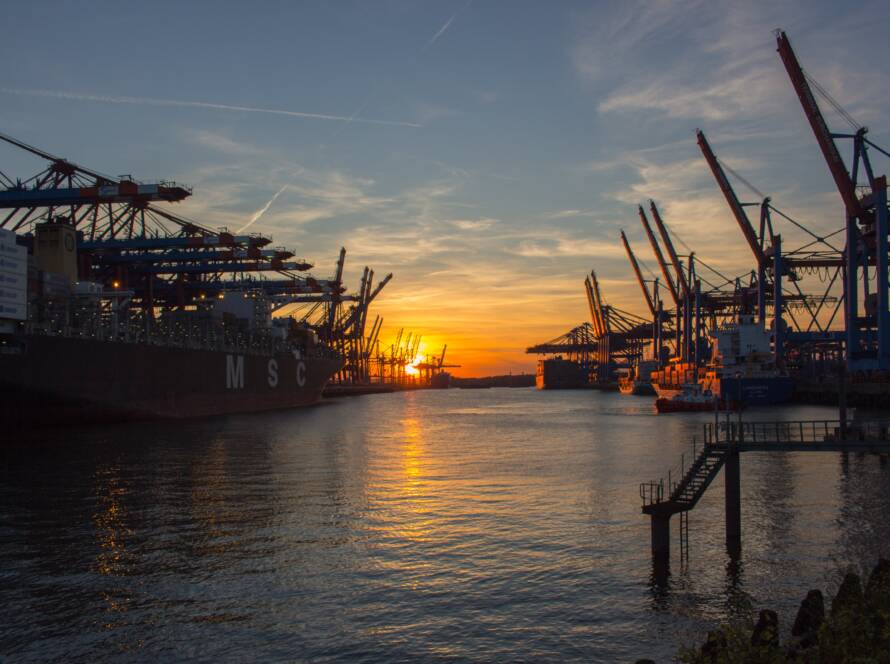Inthe vibrant city of Nairobi, where bustling urban life meets the challenges of transportation, the Nairobi Commuter Rail Project emerges as a transformative initiative. Originating in response to matatu strikes that disrupted commuter transport services in May 1992, the commuter rail services were initially introduced to alleviate the transport woes of Nairobi residents. However, the subsequent concession of railway operations to a private consortium in 2006, namely Rift Valley Railways (K) Ltd., failed to maintain the service quality, leading to a significant deterioration in commuter rail operations.
As the existing rail infrastructure witnessed the strain of outdated coaches pulled by aging locomotives, the city faced a pressing need for a commercially viable and efficient commuter rail service. The Nairobi Commuter Rail Project, driven by the vision to establish a service that is safe, reliable, and financially accessible, aims to revitalize the city’s public transportation landscape. By addressing the limitations of the current track and signaling system, the project endeavors to enhance service frequency, offering a reliable and efficient commuting option for Nairobi’s residents.

Beyond the immediate goal of providing a streamlined transportation alternative, the project aspires to bring about a tangible reduction in traffic congestion within and around Nairobi. This reduction is poised to have a ripple effect on productivity, making a substantial positive impact on the city’s economic dynamics. The project’s significance extends beyond transportation, aiming to generate employment opportunities during the operational phase, with a direct employment projection of over 500 individuals and an additional 2,000 jobs indirectly created.
Moreover, the Nairobi Commuter Rail Project is set to contribute to the improvement of air quality by reducing traffic flow and congestion, aligning with broader environmental sustainability goals. In the heart of Nairobi’s urban fabric, this project symbolizes a commitment to enhancing the quality of life for residents and fostering a more efficient and sustainable urban transport system. The Nairobi Commuter Rail Project is not merely a transportation upgrade; it is a catalyst for positive change, envisaging a future where the city’s residents experience a seamless and transformative commute.
The project’s significance extends beyond transportation, aiming to generate employment opportunities during the operational phase, with a direct employment projection of over 500 individuals and an additional 2,000 jobs indirectly created.
Job Creation
Beyond the tangible benefits of streamlined transportation, the Nairobi Commuter Rail Project envisions a city where accessibility and mobility are seamlessly woven into the fabric of daily life. The project is not just about trains and tracks; it represents a strategic investment in the well-being of Nairobi’s residents.


As a reliable and efficient commuter rail system takes root, it is poised to reshape the urban dynamics, fostering community connectivity and contributing to the overall livability of the city. The sound of a train’s whistle becomes a herald of progress, a symbol of a city on the move towards a more sustainable, connected, and vibrant future. The Nairobi Commuter Rail Project is more than a transportation upgrade; it’s a journey towards a city that thrives in harmony with its residents’ aspirations and evolving needs.



